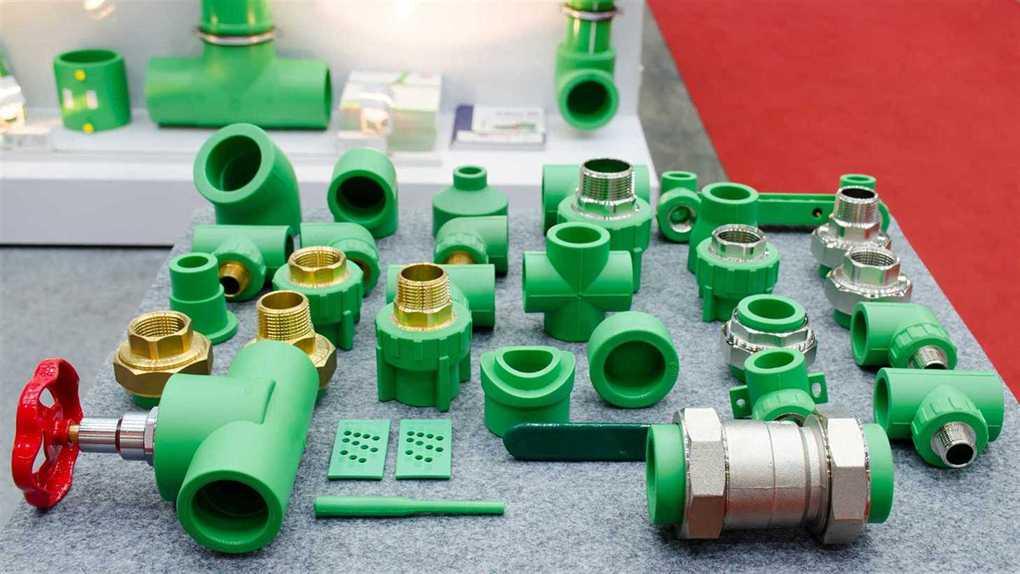Running a business is no simple feat; at the end of the day, every decision you make can impact your bottom line. Doing a full cost-benefit analysis on every purchase can be a daunting task, but when it’s done right, it can lead to a lot of savings down the line. Your commercial plumbing and fixtures are definitely worth analyzing; higher upfront costs can dissuade some purchasers, but these costs often come with substantial energy savings down the line. As with any business decision, there’s no one size fits all solution when it comes to plumbing; it will depend largely on what you do to earn money.
Let’s look at fixtures to illustrate what we’re talking about. We’ll use the tale of two restaurants: a small, classy joint, and a larger local burger chain. For the burger chain, it makes sense to have rather large washrooms. You’ll want urinals in the men’s room, multiple stalls, and a number of sinks. For an operation of this scale, it makes a lot of sense to spend a bit more to get high-efficiency, low flow fixtures; given that you expect the facilities will be used pretty frequently, you’ll save a lot more over time than the difference in upfront cost. Conversely, the chic, small, high-class restaurant probably only has one or two washrooms; a simple toilet and sink will do. Here, spending more on low energy consumption is a less valuable proposition – unless, of course, a low carbon footprint is part of your overall aesthetic. You may, on the other hand, want to spend a bit more on aesthetically pleasing fixtures; new hardware, under-mount sinks, automatic flush, and automatic faucets.
Take these same two restaurants, and we might see a very different story when it comes to water heaters. Traditional water heaters store hot water in a large tank. That’s great when you need a large volume of hot water, but it’s not so good if you’re trying to be energy efficient; the water cools while it’s stored in the tank, so the heater needs to turn on and off. There are now tankless water heaters – they instantly heat up the water when you need it, a much more efficient process because the water can’t sit and cool. That said, these heaters can only heat a limited amount of water at one time; if you need large quantities of hot water, you’ll need a number of these heaters. That means that for the small restaurant, it’s probably best to get a tankless heater; you won’t need an abundance of hot water all at once. Conversely, the burger chain might have multiple sinks running hot water at once; a large water heater is probably best.
The comparison between upfront cost, energy efficiency, and capacity is always an interesting number crunch. The more information you have about how often the fixtures will be used, the more likely you are to make the right decision; gather data points, and talk to us about your expectations. Take boilers, for example; EnergyStar has compiled a list of the most efficient boilers, but their estimates are based on a lifetime of 20 years. Depending on your business, you might anticipate growing out of your space in less than 20 years; in that case, you might not reap all of the proposed “lifetime savings.” Talk to us about your goals, and we’ll help you figure out which plumbing products are best for you.

Eddie has been a resident of Albuquerque his entire life.
After he graduated from high school, Eddie joined the Plumbers & Pipefitters Union where he obtained his Journeyman Plumber and Journeyman Gas Certifications. He then worked in the commercial plumbing industry for 7 years until he and his father decided to go into business together and started Dub-L-EE, LLC.
In the last 7 years Eddie has obtained his GA02, GA03, and MM98 certifications allowing Dub-L-EE to fully utilize Eddie Sr. and Eddie Jr.’s expertise in the construction industry.

